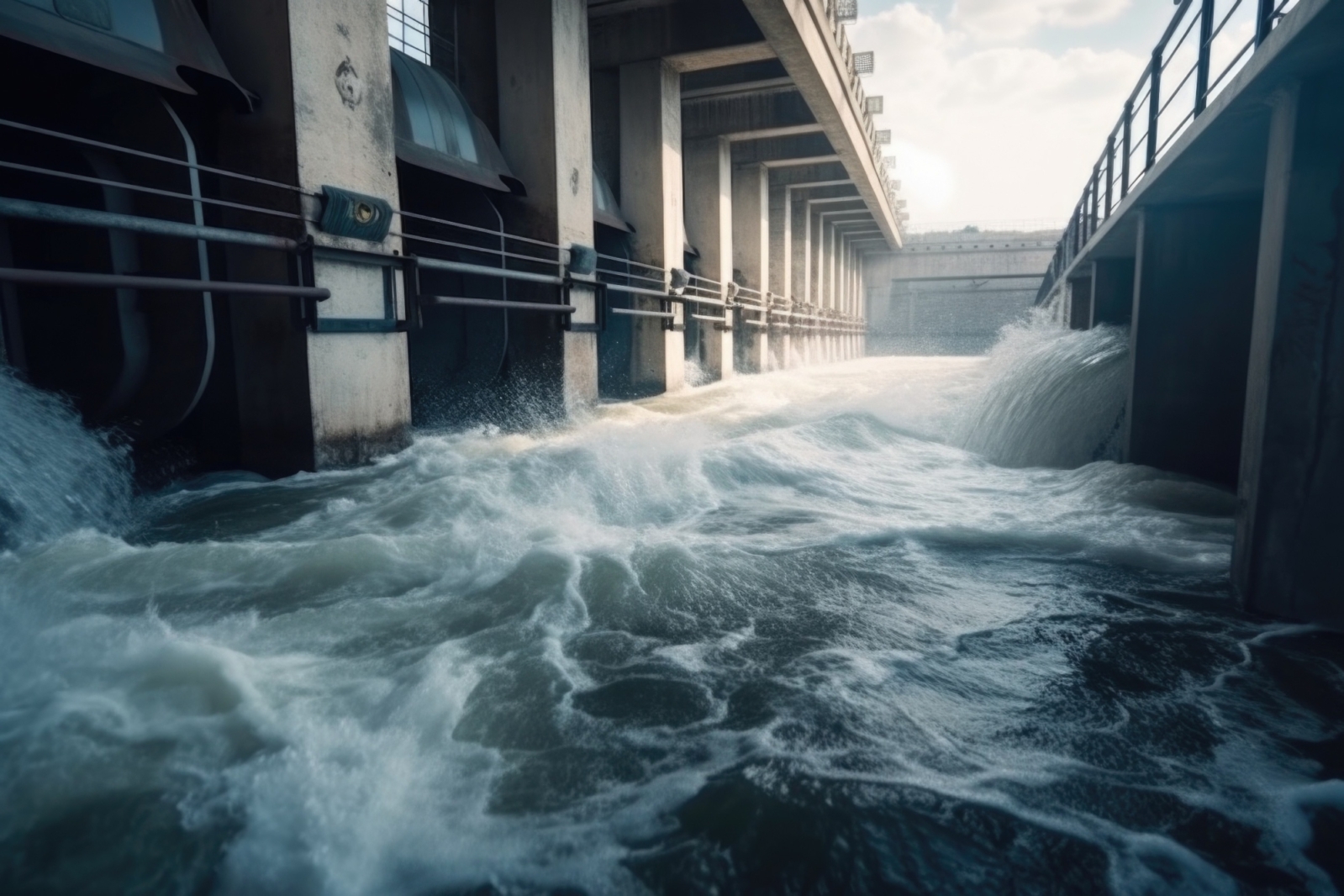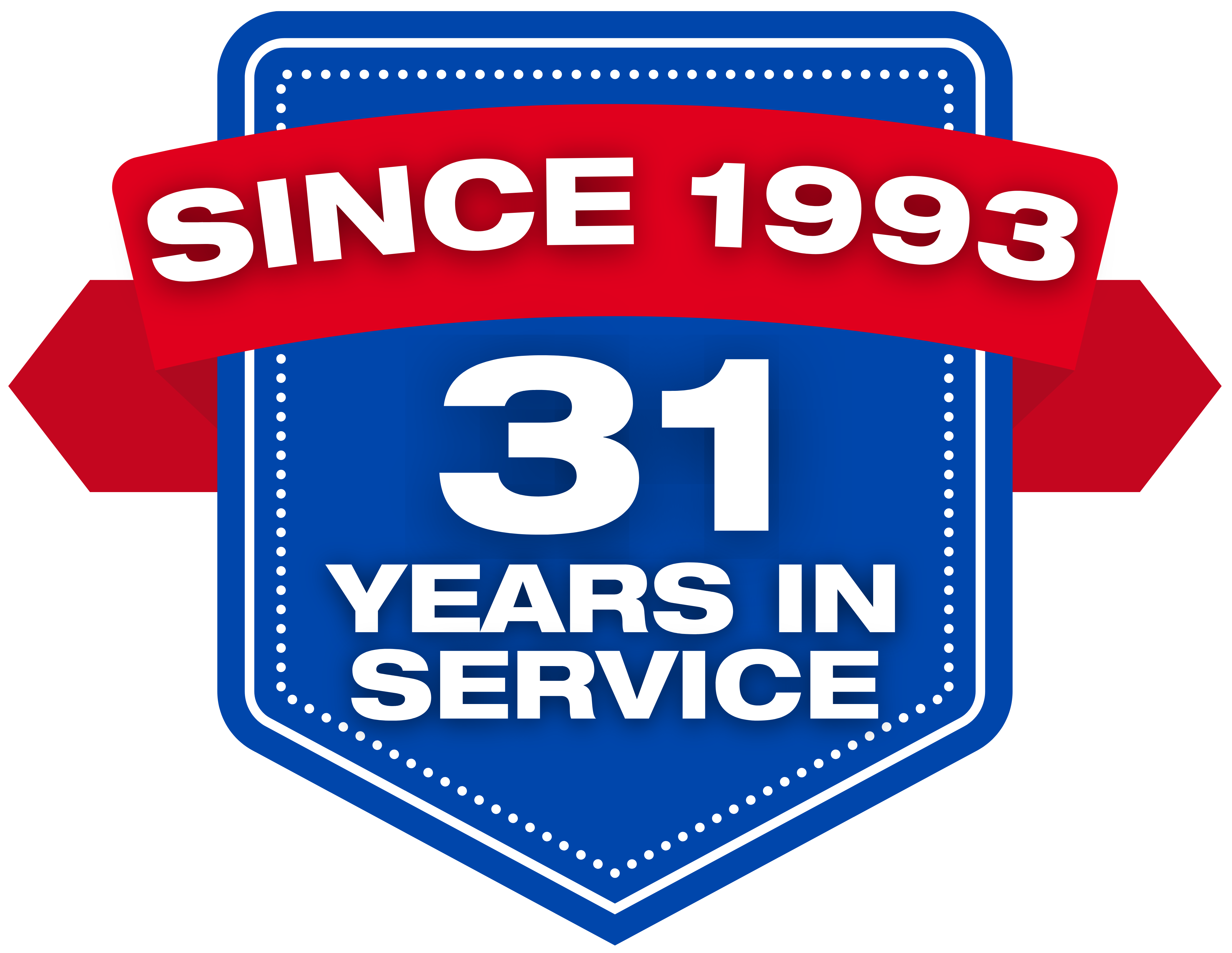Hurricane Preparation Guidelines for Business Owners

Hurricanes are powerful and potentially life-threatening natural events that can result in a range of dangerous situations, including heavy rainfall, storm surges, strong and destructive winds, and the possibility of tornadoes.
Planning and being prepared is crucial for businesses to minimize potential damage and ensure the safety of employees and customers. Know the difference between a hurricane watch and a hurricane warning. A hurricane watch indicates hurricane conditions are possible. Stay tuned to a National Oceanic and Atmospheric Administration weather radio or TV for information and be prepared to evacuate if necessary. A hurricane warning means hurricane conditions are expected or occurring. You should take shelter or evacuate immediately. Here are some guidelines for business owners to consider when preparing for a hurricane:
Develop a Plan: Create a comprehensive hurricane preparedness plan that outlines clear roles and responsibilities for employees, evacuation procedures, communication protocols, and contingency plans for business operations.
It ensures clarity in thoughts and actions and reduces the chaos that can incur in a highly stressful and potentially life-threatening situation. In addition, a smooth carry out of a plan on what you can control without any confusion and misunderstanding avoids people overlapping each other in a very time-sensitive situation.
Emergency Contacts: Maintain a list of important contacts, including local emergency services, utility providers, insurance agents, and key employees. Everyone should have access to these contacts.
Secure Facilities: Reinforce windows and doors and clear any outdoor equipment or debris that could become projectiles during high winds in the event of a hurricane. If possible, move valuable equipment and inventory to higher ground or safer locations all together. Cover windows. If storm shutters are unavailable, use 5/8-inch exterior-grade or marine plywood cut to fit each window and use screws to attach them.
In addition, if there is enough warning of a hurricane, you can trim trees and shrubs around your home or business so that they are more wind-resistant, clear loose and clogged rain gutters and downspouts, and reinforce garage doors so wind doesn't enter and cause structural damage. Bring in outdoor objects (furniture, toys, tools, etc.), anchor objects that cannot be brought inside, and remove outside antennas.
Backup Data: Power failures are another common aid to data loss and in the instance of a natural disaster, that is almost certain. Anything that is not properly backed up will be wiped out in an instant. It's imperative that you have your files and data secured somewhere off your computer then you are in danger of losing everything.
Fortunately, possible data loss scenarios in a natural disaster like a hurricane is 100% preventable. You cannot stop an electrical outage or an unexpected fire but if your data is properly backed up it's one less thing you must worry about when something unexpected does happen. Create a backup solution that is right for you and your company so that you never have to even think about your data loss during a crisis. This step ensures that your business will never be down due to data loss. Remote backup and storage of information is a lot easier than you think.
Communication Plan: Establish a clear communication plan to keep employees, customers, and suppliers informed before, during, and after the hurricane. An emergency plan includes steps of communication and future prevention to help prepare and navigate through unexpected crises. Crisis communication plans act as blueprints for your company in times of crisis so that they can respond immediately. Use various communication channels, such as email, text messages, social media, and phone calls.
Employee Safety: Prioritize the safety of your employees. Be sure to provide up to date information on evacuation routes, shelters, and emergency contacts. Encourage employees to have personal emergency kits and a plan for their families as well.
Utilities: Understand how to shut off utilities such as gas, water, and electricity in case of emergencies. Make sure employees are familiar with these procedures as well. In a crisis, turning off utilities can prevent further hazards. For example, shutting off gas can prevent explosions or fires, while cutting off electricity can reduce the risk of electrical fires.
Inventory and Assets: Your inventory should be comprehensive and detailed, including photographs, descriptions, purchase dates, estimated values, and any relevant receipts. Store the inventory in a safe place, ideally both digitally and in a physical format, so that it's easily accessible when needed. Regularly update the inventory as you acquire new assets or make changes to your existing ones.
After a disaster, you'll need to file insurance claims for property damage or loss. The more detail you have in your inventory, the more likely you are to receive appropriate compensation. Insurance companies typically require evidence of the items you owned and their value before they can process your claim. A thorough inventory log prior to needing one helps ensure that you receive the maximum compensation you're entitled to. If your lack the proper documentation, you may receive less compensation than you deserve.
Insurance Review: Reviewing your insurance prior to a crisis is essential for ensuring that you have adequate coverage to protect yourself, your assets, and your financial well-being. In understanding your policy limits before the crisis occurs, including deductibles, and coverage terms, you will save yourself a lot of time and effort.
Suppliers and Customers: Make sure you communicate with your suppliers and customers about your hurricane preparedness plans. Notify them about potential delays in shipments or services that could occur in the event of a crisis.
Financial Records: Safeguard financial records, including contracts, invoices, and payroll information, in a secure location. This helps ensure your business can recover and resume operations smoothly and likely get you back to your life as quickly as possible.
Drills and Training: Conduct hurricane preparedness drills and training sessions with your employees to ensure they understand the procedures and protocols to follow during an emergency. Make sure your plan outlines clear roles and responsibilities for employees, evacuation procedures, and communication protocols. In the event of a hurricane, every minute counts and could be lifesaving.
Emergency Kits: Assemble emergency kits with essentials like first aid supplies, non-perishable food, water, flashlights, batteries, and basic tools for you and your employees. Ensure that they understand the contents of the kits.
After the Storm: After the hurricane passes, you will need to assess the damage, prioritize repairs, and follow your contingency plans for business continuity. Contact insurance providers promptly to initiate claims.
Remember that every business is unique, so tailor your hurricane preparedness plan to your specific needs and circumstances. Regularly review and update the plan to ensure it remains effective in the face of changing conditions.
Why choose ALL-CLEAN USA?
ALL-CLEAN USA is a full-service provider of restoration services specializing in 24-hour disaster recovery cleanup and reconstruction as a result of fire, smoke and water damage to residential and commercial properties. ALL-CLEAN USA representatives are available 24 hours a day, seven days a week, 365-days a year.
Count on a company with a higher level of focus and personal involvement in your business and personal well-being from the initial project assessment and planning to the final phase of restoration and reconstruction. Trust ALL-CLEAN USA to to get you back to your life as quickly as possible. Let's Talk.
Call All-Clean USA today for expert advice. We are here to help!


